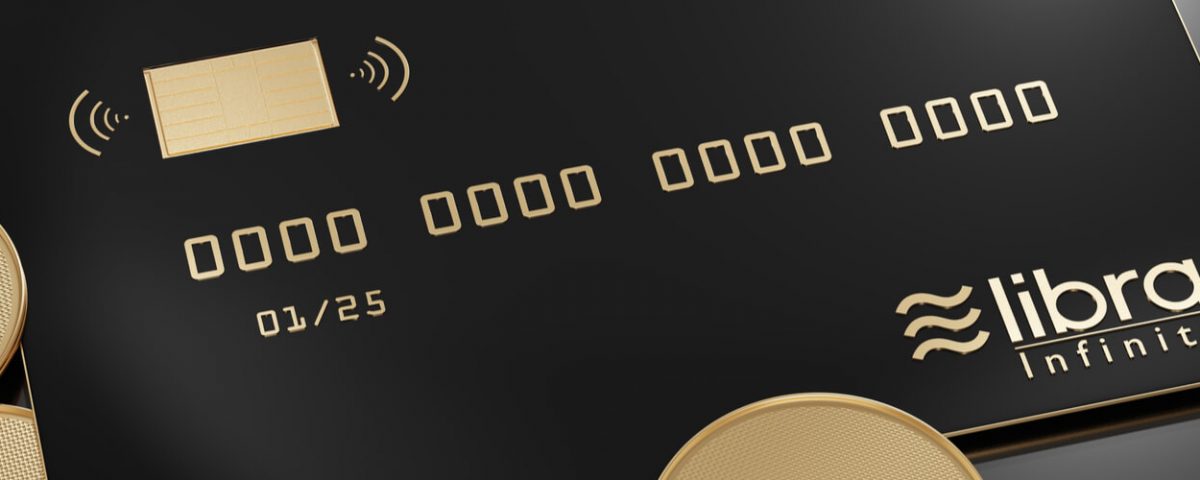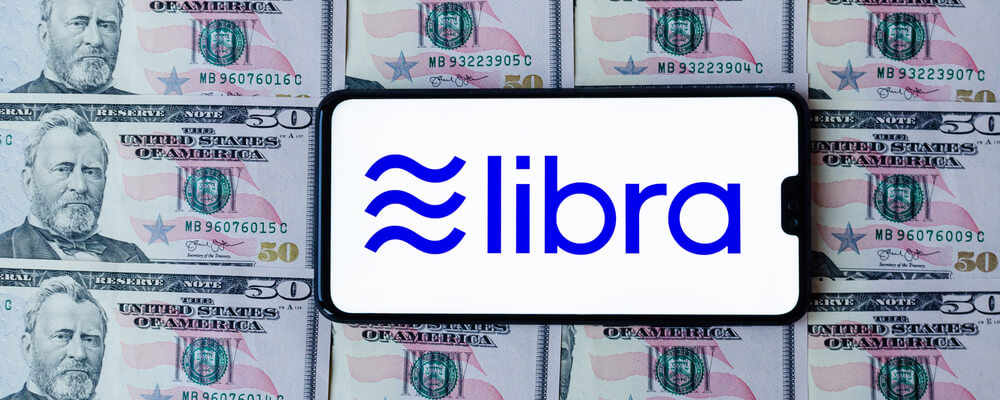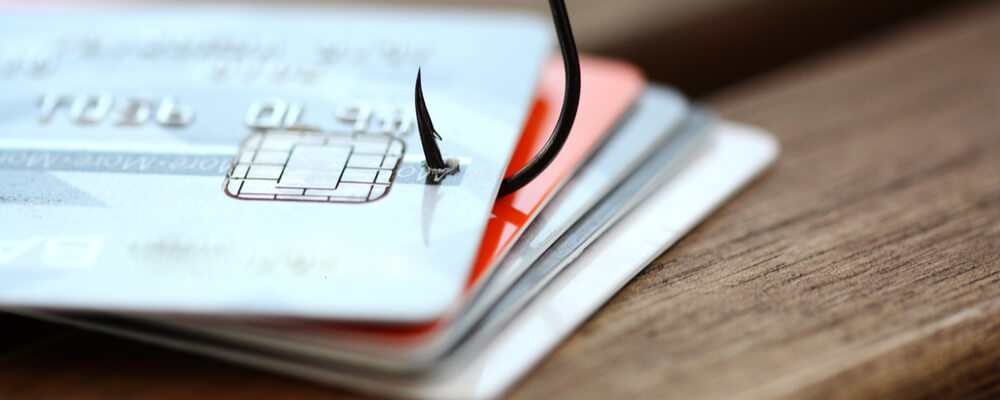Libra scams are already roaming the web


Given the proliferation of cryptocurrency scams seen in latest years, it is not surprising that scammers have come down on Libra. It is much more surprising, however, that Facebook does not appear to have been prepared for the influx of scammers into its own service, particularly as it struggles to ensure regulators that it is equipped to manage a global currency.
As a Cornell University Economics Professor Eswar Prasad put it in a remark to The Washington Post, “There is a deep irony here in Facebook being used as the platform that could undermine trust in the currency Facebook is trying to build trust in.”

As Facebook faces intense scrutiny over its cryptocurrency plans, the fake websites have emerged. Last week Facebook cryptocurrency chief David Marcus appeared to address questions about Libra in front of an occasionally hostile commission. ” I don’t think you should launch Libra at all,” rep. Carolyn Maloney (D-NY) said to the executive.
This is not the first time that Facebook has had an influx of crypto-related scams, but this time it has much more to lose from its proliferation. In a case with Martin Lewis, founder of the UK personal finance website MoneySavingExpert, it recently agreed to a £3 million ($3.7 million) settlement after cryptocurrency advertisements bearing his name appeared on the social media platform. It also saw fake accounts proliferating and trying to encourage cryptocurrencies sales.

Facebook is not the only platform that has been struck with Libra-related cryptocurrency scams, but it certainly has the most to lose. The Washington Post claims that there were also scam pages on Twitter and YouTube, and last month The Next Web reported on a scam site that had registered the domain Calìbra.com (note the unique character). The website was set up to look identical to the official website of Calibra.com, but was used to advertise a Facebook currency “pre-sale.” The site seems to have been taken down as of today.
In reaction to the inquiry by The Washington Post, a Facebook spokesman said, “Facebook removes ads and pages that violate our policies when we become aware of them, and we are constantly working to improve detection of scams on our platforms. “
